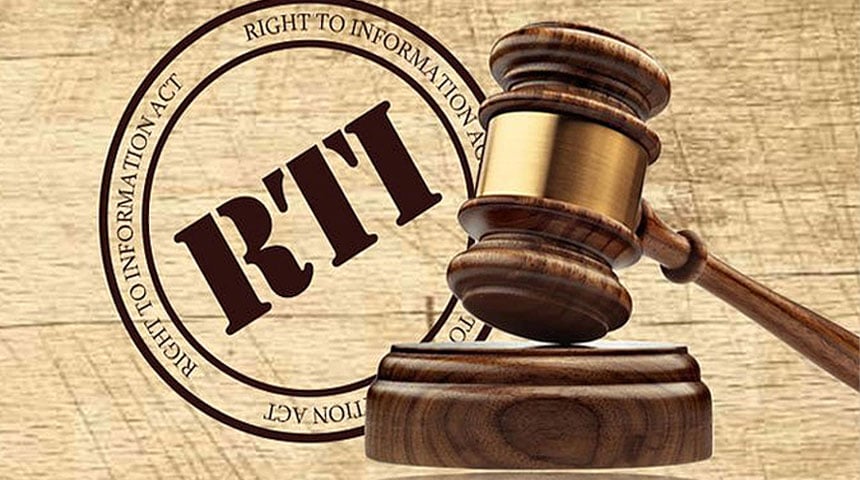Jahanvi Agarwal
On August 22, 2023, the Bombay High Court’s Goa bench ruled that the Archbishops of Goa, Daman, and Diu are not “public authorities” as defined by the Right to Information Act (RTI Act) and are also not required to provide information under the said Act.
A ruling made by the Goa State Information Commission (GSIC) on December 16, 2014, which determined that the Archbishop is a “public authority” under the definition of Section 2(h) of the RTI Act, was overturned by single-judge Justice Mahesh Sonak.
The Court stated that:
“The GSIC should have examined whether the petitioner, when acting in his capacity as a Patriarchal Tribunal, could be held to be an authority or body established or constituted by a law made by the Parliament or the State Legislature. The GSIC posed this question but the same was never answered, or in any case, never adequately answered.”
The GSIC made the submission that the Patriarchal Bishop derives his authority from Decree No. 35461, which was issued by the Government of Portugal and then continued by the Government of Goa, and was further discarded by the GSIC as being irrelevant.
According to the Court, this argument does not directly address the question of whether the Archbishop, acting as a Patriarchal Tribunal (church courts dealing with marriages and divorces), can be said to be an authority or a body established or constituted by a law made by the parliament or State legislature.
The Goa Archbishop filed a plea challenging the GSIC’s directive to reveal information regarding the appointment letters of the Goa and Bombay Archbishops, the Vatican’s accreditation letters, and permission to view the marriage annulment registries. The petition led to the passing of the order.
According to the Portuguese Civil Code (PCC), which is applicable in Goa, orders and judgments delivered by the Patriarchal Tribunal have civil recognition. Antonia Abel, the RTI applicant, requested the information on this basis.
The Court observed that neither Decree No. 35461 (Law of Canonical Marriage) nor the Goa, Daman, and Diu (Administration) Act, 1962, established or constituted the Patriarchal Tribunal.
Court held that:
“Similarly, the Canon Law or the Canonical Law cannot be regarded as the law made by the Parliament of India or the law made by the State Legislature. Merely because some of the decisions and judgments of the Ecclesiastical Courts and Tribunals constituted under the Canon Law may have acquired limited recognition under the State Law or the Parliamentary Law, that by itself would not be sufficient to hold that such Ecclesiastical Courts or Tribunals like the Patriarchal Tribunal are authorities or bodies established or constituted by a law made by the Parliament or the State Legislature.”
As a result, it came to the conclusion that the GSIC’s conclusions were incorrect and revoked its order.
Case Name: The Archbishop Patriarch Of Goa, Daman & Diu v. State Information Commission
Diary Number: 287/2015
Bench: Justice Mahesh Sonak
Click here to Access the Order.

